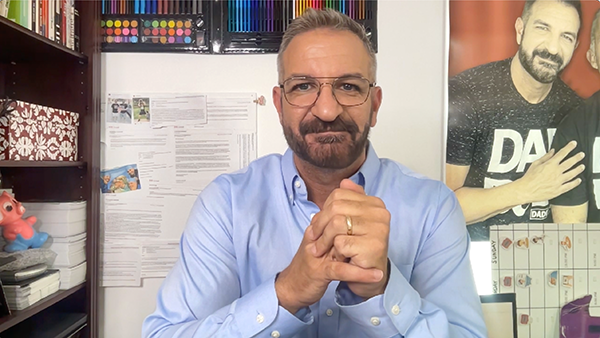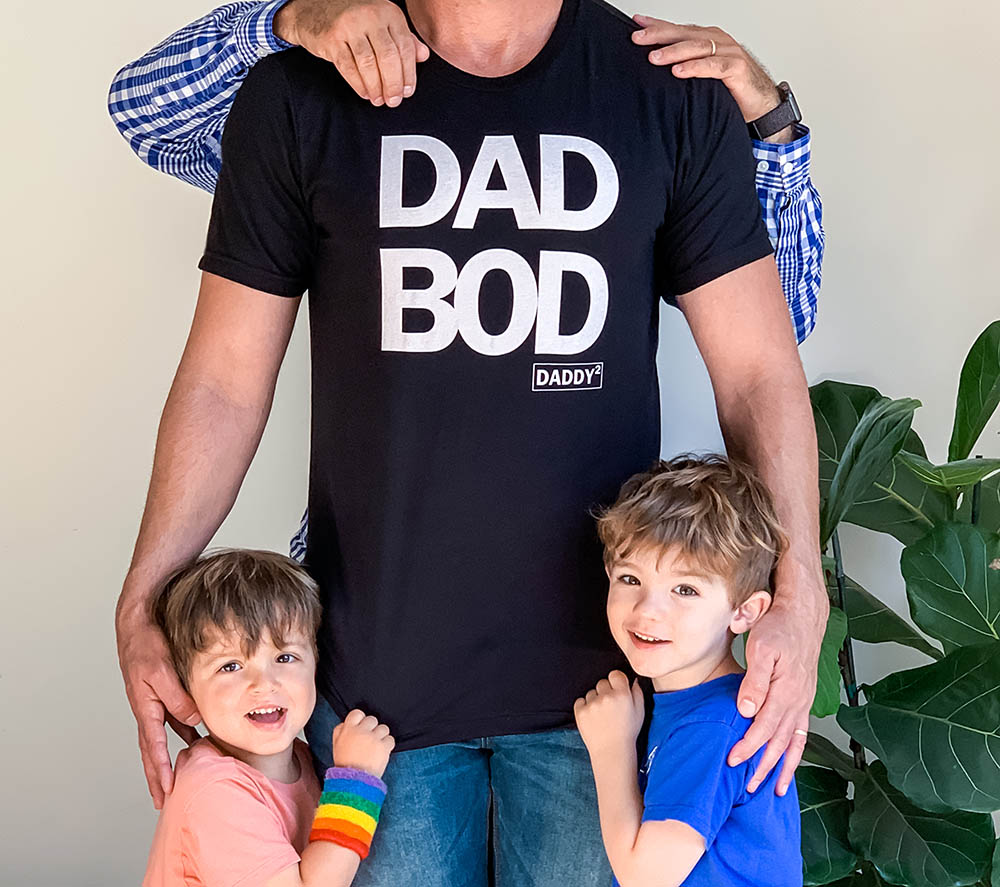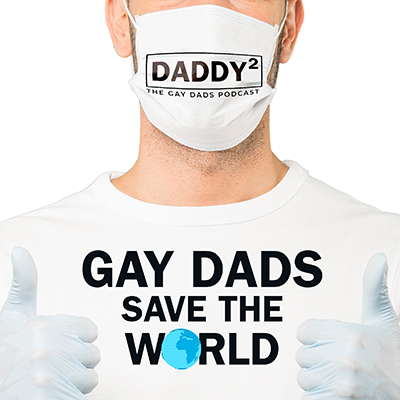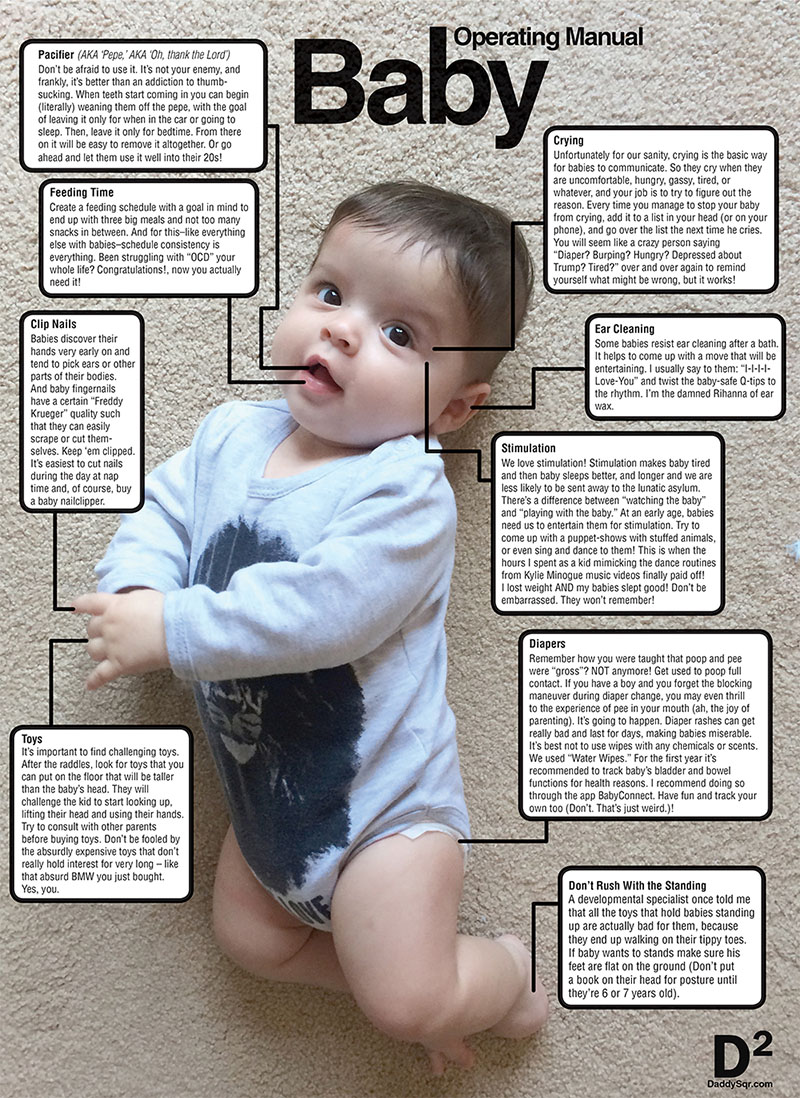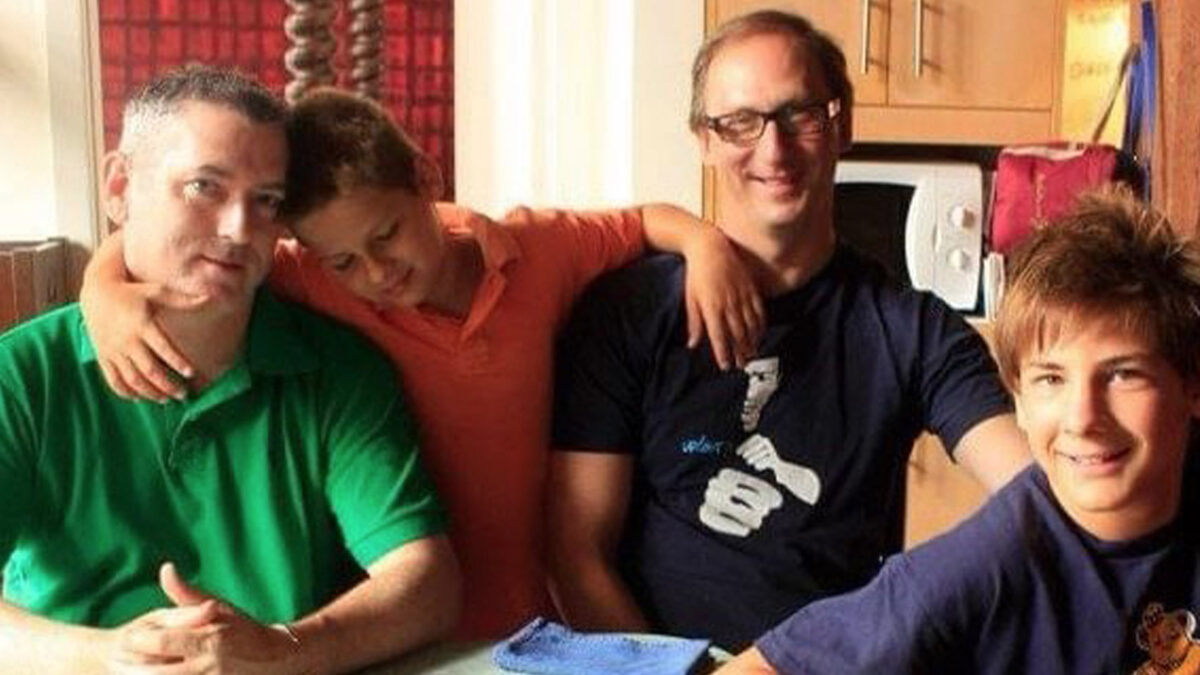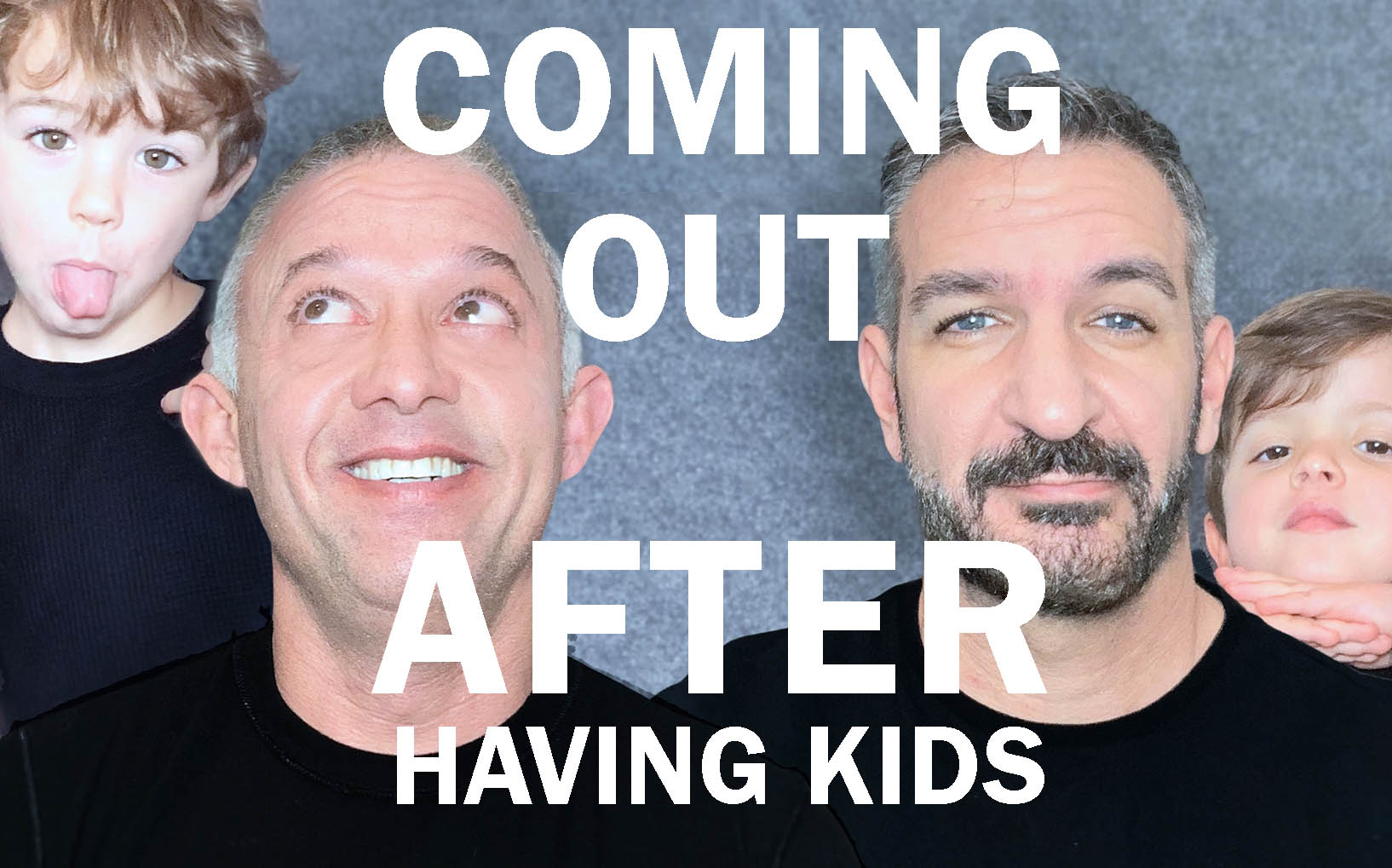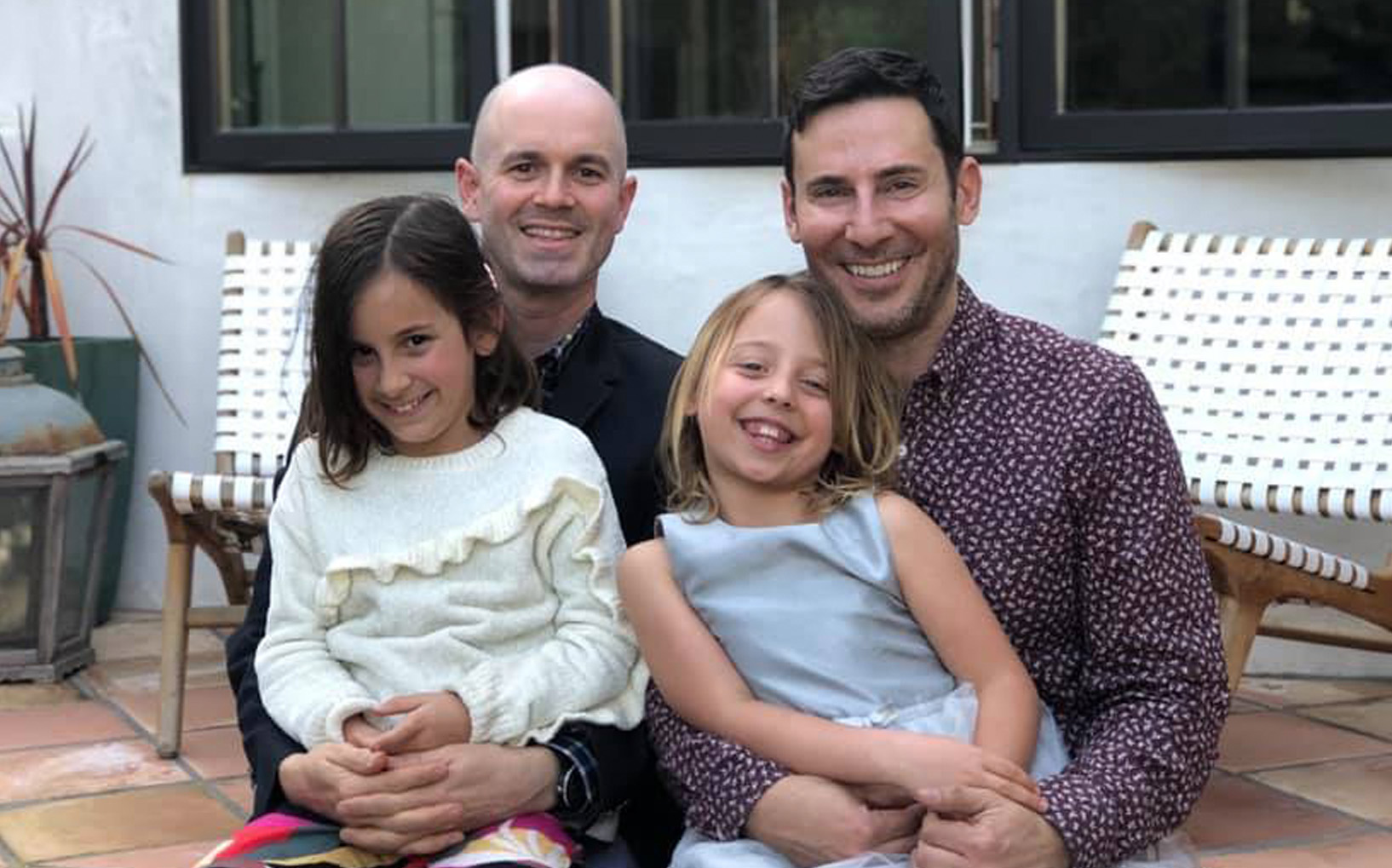Surrogacy for Gay Men: Who is on your team?
It takes a Village, People!
This article written by Yan was first published on loveisfamily.com
For gay men, deciding to start a family through surrogacy is no small step – it’s a big commitment, responsibility, and a completely new direction in your life. Oh – and if it’s children through In vitro fertilization (IVF), starting a family can feel overwhelming. For gay men that want to become parents, the surrogacy can seem complex with many options to consider. When it comes to fertility treatment, there are many key players on your team. It takes a village, but this village is supportive, knowledgeable, and here on the journey every step of the way. So who is on your team? Let’s dive into the people that are your guiding light and helping hand on your journey to parenthood.
1. Your Family, Friends and Your Dog
Worry and stress will be part of your journey up until the birth of your kid and *spoiler alert* — worry and stress will continue on after that for the next 50 years!
Arguably, the most important people on your team are the friends and family who support you in whatever you do. These are the people you can rely on, consult with, pass the time with physically or virtually and know that they are rooting for you no matter what. It’s important to know who these people are and to let them know they’re on your team prior to starting the journey.
Oh – and dogs! Dogs are excellent members of your intimate support team. Besides being the most amazing creatures and earth’s energy balancers, dogs remind you to “be in the moment,” to try to enjoy the process, and they also remind you that you already are great parents, because you are great and loving to them. If you don’t have a dog, other pets will substitute just fine!
2. Your Egg Donor
Choosing your egg donor can be very challenging emotionally. Even though technically, in most cases, your egg donor is not “on your team” in person, the egg donor is, from our point of view, a virtual participant with a key role of giving your embryo half of its genetics. There are three ways of selecting an egg donor:
- From a donor bank – most fertility clinics and surrogacy agencies have access to a pool of donors who agree to go through the process of egg retrieval. You can select your donor by looking in the donor files that include medical records, family history, photos, and sometimes videos. Each ‘bank’ has dozens or even hundreds of donors and browsing through them can be time consuming and overwhelming. However, this is the most popular way of selecting an egg donor and it’s also the most expensive one. This is how Alex and I chose our egg donor.
- From an egg bank – a slightly cheaper way is selecting a frozen egg from an ‘egg bank.’ It is cheaper because it saves the compensation for the egg donor and the price of the medications.
- From a friend – when start talking about surrogacy some gay men have friends who come forward and agree to donate their eggs for the couple to use to grow their family. In this case, it’s important to take into consideration that the friend will have to undergo some tests by the fertility doctor that will confirm whether your friend is a viable egg donor that can produce healthy eggs.
3. Your Surrogate (Gestational Carrier)
Your surrogate is your closest teammate in your journey. Again, some couples pursuing a surrogacy journey will have a friend who steps forward and volunteers to be the surrogate. Please note that if the same friend is the egg donor and the surrogate it is highly advised to specify in the contract what the formal relationship of the friend to the child is.
If you choose to be matched with a surrogate, this is usually done through a surrogacy agency. You can give basic guidelines to the agency, for example, if you want her in your state, or in specific states, or if you want her to have medical insurance, etc. After giving your basic guidelines, you’ll be placed on a waitlist for a match. We waited about four months until we were matched with a surrogate, which is more or less the average.
4. The Fertility Clinic
Your fertility clinic, including the doctor, embryologist, and staff, oversees the making of the embryo and the transfer to the surrogate. Your fertility doctor will put both the surrogate and the donor on medications and monitor them, perform the egg-retrieval and with the help of their embryology team, will create the embryo(s). Then the doctor will transfer the embryo into the surrogate. Once the surrogate becomes pregnant, the fertility clinic’s work is done and the surrogate moves to the care of her doctor and OBGYN. The fertility clinic is a key player in the surrogacy journey for gay men and therefor it’s important to make sure your communication with the clinic is 100%.
5. Your Attorney
Your attorney makes sure to have all the legal documents that make your baby(ies), well, “yours.” Besides the contracts with the egg donor and surrogate, your attorney will make sure that your name will be on the child’s birth certificate, and will make sure you do everything by the law of the state where the birth takes place, and of course, will handle any other legal obstacles along the way.
Some agencies have attorneys that they work with or in-house attorneys. We worked with Richard Vaughn, who we interviewed in the first season of our podcast, in an episode dedicated to the attorney’s role in the team.
6. The Surrogacy Agency
Your surrogacy agency will remain with you until the end of your journey and is the body that connects all the dots together. From the moment you decide to go with a surrogacy agency until you walk out of the hospital with a baby, your contact person is responsible for providing you with all the information you need, answering your questions and helping you with whatever comes up along the journey.
A surrogacy agency’s job is to put all the pieces together, to know the steps of the process, and to be prepared for surprises. Your agency also manages the flow of finances so that you can always maintain a clear understanding of where things stand.



